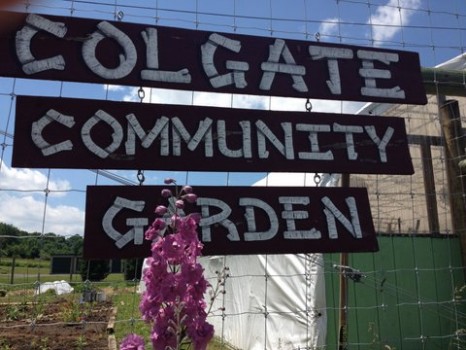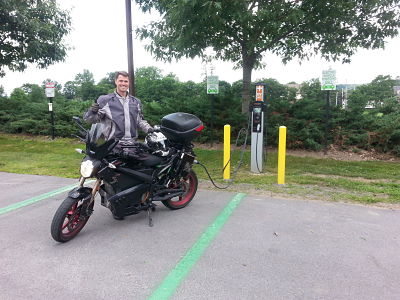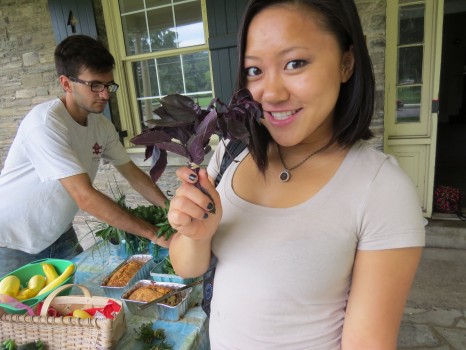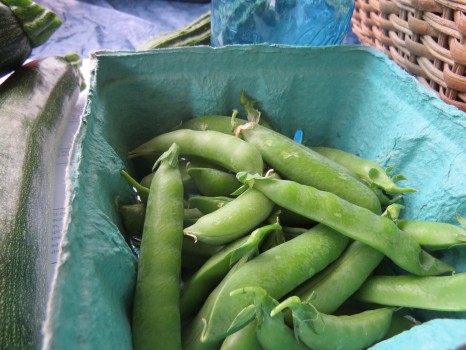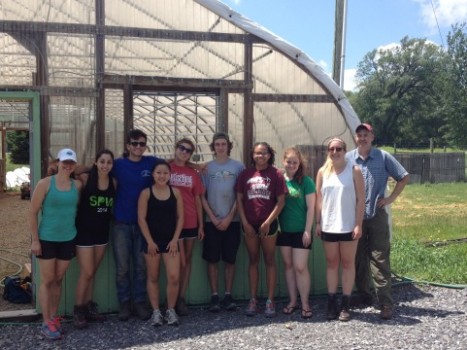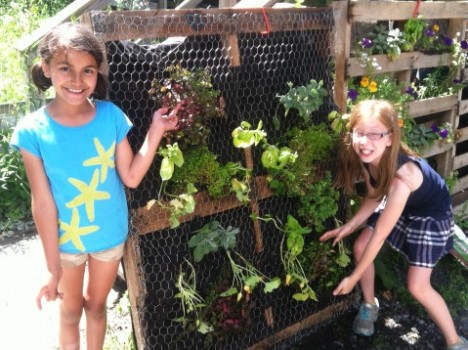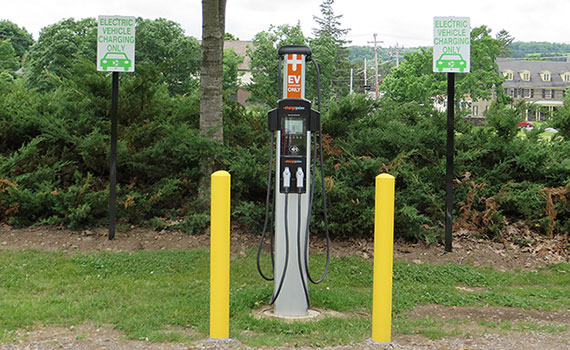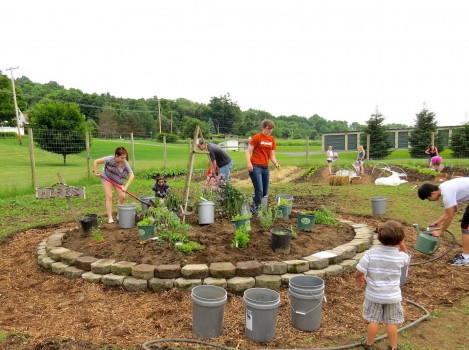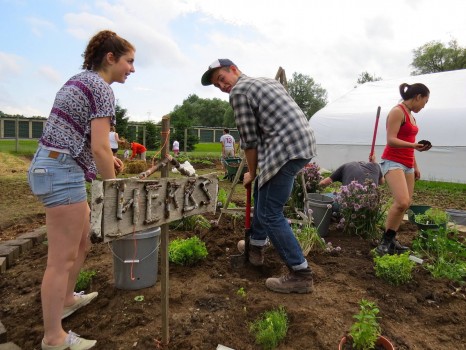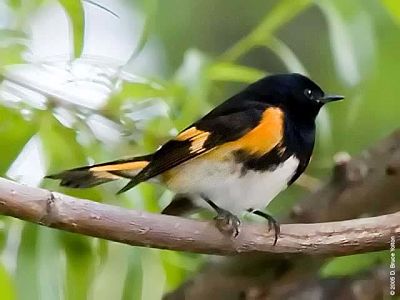Hours per Week: 6 hrs during fall semester
Job Description:
The Sustainability Office is offering a paid Garden Internship to a qualified student starting in late-August 2014 until November 2014 (the end of the growing season). The garden intern will help manage and promote the one-half acre vegetable/herb garden and greenhouse on campus. This is a physically demanding, yet very rewarding job. Work includes exposure to outdoor elements (e.g., heat, sun, rain, etc.). The student intern is expected to coordinate and organize volunteers and student work parties. The Garden Intern will report directly to our garden manager (Beth Roy) and work in close collaboration with another garden intern and other Colgate students, faculty, and staff. The student intern will gain life-long skills and knowledge in harvesting and maintaining a garden, organizing events, and supervising volunteer workers.
Required Skills and Experience
Key Responsibilities:
-
Work with garden manager (Beth Roy) to plan and manage the garden during the fall season. Specific tasks may include preparing soil, cultivating, planting, weeding, and harvesting.
-
Organize and supervise volunteer work parties.
-
Coordinate with Green Thumbs presidents to schedule a weekly time for volunteer work parties (usually for harvest, the day before pick-up), and be at the garden during those scheduled times to supervise those work parties.
-
Provide continuity for work on the garden throughout the 2013 growing season.
-
Prepare for and run a weekly Farm Stand to sell produce from the garden.
Recommended Qualifications and Skills:
-
Strong work ethic and self-motivated.
-
Strong interpersonal and communication skills.
-
Preference will be given to those with experience and firsthand knowledge in farming and/or gardening with vegetable crops; though previous garden experience is not required.
-
Experience organizing and supervising the work of others.
-
Tolerance for hard work and exposure to outdoor elements.
-
Excitement about promoting local farming and local food production
Work Requirements and Benefits
The garden internship position is rewarding but demanding work that involves physical exertion and exposure to the outdoor elements.
Starting Hourly Rate: Fall semester – $8.50/hour (estimated because Financial Aid determines pay rate)
Supervisor: Beth Roy, Garden Manager
Key Contacts: John Pumilio, Director of Sustainability; Christopher Henke, Associate Professor and faculty advisor to the garden; Beth Roy, Colgate Community Garden Consultant
To apply, send a resume and one page cover letter to the Garden Manager, Beth Roy (eroy@colgate.edu) and fill out an application on the Colgate Portal.
The application deadline is August 15. Employment will begin on or around August 25.


